Transforming Indian welding industry with digitalisation
February 8, 2020 12:56 pm
The third CII Conference on Welding Technology 2019 discussed upcoming technologies and trends in the welding industry, with a focus on digital transformation as the key solution to the industry’s challenges.
The 3rd edition of the Confederation of Indian Industry’s Conference on Welding Technology 2019 was recently organised by CII Naoroji Godrej Centre of Manufacturing Excellence in Mumbai, where manufacturers, users, researchers, and educators in the welding industry shed light on the latest trends, technological innovations, challenges, and solutions in the industry. Several sessions were organised such as “Digital Transformation and Advanced Manufacturing/Welding Process Technology”, “Strategies and Plans for making ‘Make in India’ Successful: The Welding Perspectives”, “Latest Advancements in Welding Technology: New Challenges and Opportunities”, “How Safe is your Welding?”, and “Future of Additive Manufacturing and Welding”.
Need for MSMEs to adopt digitalisation
Eminent industry leaders shared their views and experiences on how companies can think, adopt and improve welding manufacturing processes and that too in the Indian context, which has become increasingly crucial. One of the subjects discussed was how MSMEs need to also adapt to the changing times and improve their welding manufacturing processes to enhance product quality and cost competitiveness. This can be achieved through emerging technological innovations such as digitalisation, IoT, automation and artificial intelligence (AI). However, to save on costs in the short term, they do not invest in manufacturing excellence, leading to losses and stagnation in the long run.
Satish Bhat, Conference Chairman and Managing Director, Ador Welding Limited, said, “A recent survey by the National Association of Manufacturers, wherein about 500 manufacturers participated, revealed that 65 percent of the leaders of these organisations plan to increase capital injection in digitalisation of their plants in the next few years. According to experts, most manufacturers will be looking to revamp their production facilities in order to cater to the demands of today’s advanced and demanding digital world.”
He added that Industry 4.0 or smart manufacturing is the key to help manufacturers transform from mass production to customised production via a digital supply network to adopt the ever changing needs of customers. Digital transformation helps accelerate manufacturing while addressing inadequacies in the current situation by amalgamating traditional manufacturing processes with new advanced technologies. This industrial revolution will transform manufacturing and reshape businesses, creating greater efficiency and better relationships between the producer, supplier, and customer.
By adopting smart and advanced technologies, companies can increase productivity, attack inefficiencies, and promote sustainability. Simply put, advanced manufacturing can increase production throughput, performance and uptime, while simultaneously reducing operating capital and overhead costs. Smart manufacturing is not limited to production only. It is a mixture of digital transformation in product development, the entire supply chain and customer experiences, powered by enabling real-time data-based decision making across all business operations. With technologies and functional upgradation, it is equally important to provide the highest quality products when the customer is ready to pay for them. Digitalisation in manufacturing facilities introduces rigorous quality management and control, thereby helping manufacturers to build their products.
Bhat stated further, “The future is at our doorstep. Digital transformation is our need and it gives MSMEs the opportunity to develop their own smart manufacturing facilities to ensure better customer service, employee engagement and a collaborative approach with suppliers. Digitalisation, automation and networking are now the dominant trends in industrial production and development, which is usually referred to as Industry 4.0.”
Increased role of welding in manufacturing
GK Pillai, Managing Director and CEO, Walchandnagar Industries Ltd. said, “India requires almost about 10 lakh welders by 2022. At a time when dearth of jobs is being debated in the economy, it provides immense opportunity for creating jobs. We need skill enhancement for those working on welding technology, by sourcing workers from lower rung towns and cities, so we can create a lot of employment opportunities. India has to be rebranded as the centre of manufacturing excellence. And if the manufacturing sector has to grow beyond 15 per cent share (in GDP), then the role of welding technology, which is the backbone of manufacturing process, is very important. It should play a greater role in improving industry’s march towards $5-trillion economy, along with digital technologies.”
The government is planning to take the share of manufacturing sector from the present level of about 14-15 per cent to 25 per cent in a few years in order to take the economy to the $5-trillion level by 2024. “Only one percent of the industries in India have embraced Industry 4.0, which calls for adoption of advanced technologies like automation, robotics, IoT, and data analytics. MSMEs should check if they are ready for this transformation, as part of assessing their preparedness for global competition,” Pillai said.
Adding that India should have been an automatic choice for those US and European companies leaving China of late, Pillai explained, “India could not attract those global manufacturers due to low productivity. We have to bridge this skill gap on a war footing.” To achieve this, he proposed expanding the reach of the Welding Research Institute either through branches or new institutions. He also stated that if Indian has to grow, rebrand and attract investors, focusing on welding technologies and processes is vital.
Anil Parab, Executive Vice President – Heavy Engineering and Nuclear, Larsen & Toubro Limited, stated that today, the manufacturing and delivery models are changing and competition is coming from unknown waters. So if the industry does not adopt digitalisation and industrial automation, it will soon find itself stagnant and lagging behind. Predictive maintenance, too, is very important, and digitalisation helps provide data for it.
He added that India, which was at the 10th position in 2010 in manufacturing technology advancement, has been progressing steadily to reach the fifth position by this year. Expressing hope that India would reach the fifth position globally in advancement of manufacturing processes, he said, “I have no doubt about that. We are competing with the best of best in the world on merits. But your mindset has to be completely different. You have to be world-class; only then you will be able to achieve this.” He further explained that countries like the US and Germany, despite their high-cost structures, are in the top five globally in terms of manufacturing excellence due to intelligent manufacturing, digitalisation, Industry 4.0, and advanced robotics.
Alakesh Roy, Vice Chairman, CII Pune Zonal Council and Managing Director, Zamil Steel India, warned the manufacturing sector players to guard against the rapid technological changes that the industry is likely to face in the years to come, and that they should try to be relevant. With industry requirements changing constantly, welding processes and even the industry outlook towards welding must change. Welding technology, too, will see a huge challenge in terms of alternate materials. He explained, “The welding industry has to keep an eye on the new, disruptive technologies that are coming up and that will actually hit us in the near future. We need to start our digital transformation journey now in order to cope with the challenges that Industry 4.0 will throw at us.” Some of the new technologies he cited were 3D printing technologies, self-healing textiles, new delivery models, threat for metals from plastics and polycarbonate and atomic welding.
With so many welding technologies and innovations disrupting the way manufacturing businesses function, it is evident that companies need to quickly adapt and transform their processes and thinking to meet the ever evolving needs of customers and face global competition effectively. By doing this, they will well be on their way to growth and sustainability and position themselves for long-term success.
If the industry does not adopt digitalisation and industrial automation, it will soon find itself stagnant and lagging behind.
Anil Parab, Executive Vice President – Heavy Engineering and Nuclear, Larsen & Toubro Limited
We need to start our digital transformation journey now in order to cope with the challenges that Industry 4.0 will throw at us.
Alakesh Roy, Vice Chairman, CII Pune Zonal Council and Managing Director, Zamil Steel India
Digitalisation, automation and networking are now the dominant trends in industrial production and development, which is usually referred to as Industry 4.0.
Satish Bhat, Conference Chairman and Managing Director, Ador Welding Limited
If the manufacturing sector has to grow beyond 15 per cent share (in GDP), then the role of welding technology, which is the backbone of manufacturing process, is very important.
GK Pillai, Managing Director and CEO, Walchandnagar Industries Ltd.
Cookie Consent
We use cookies to personalize your experience. By continuing to visit this website you agree to our Terms & Conditions, Privacy Policy and Cookie Policy.



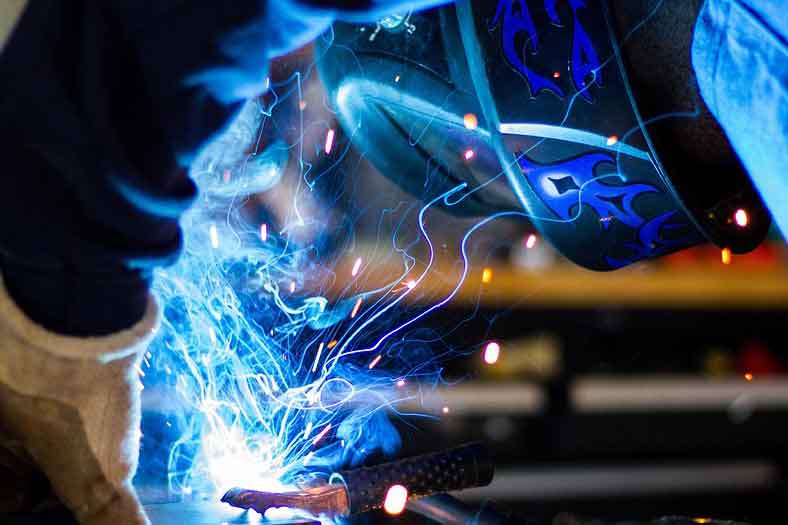



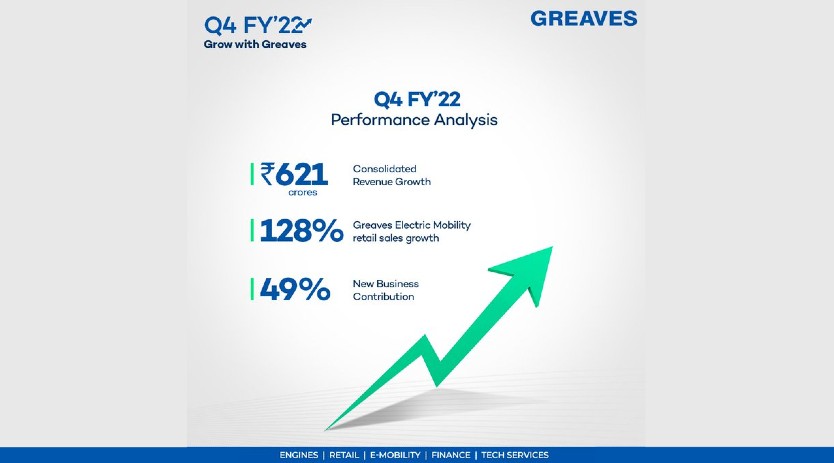
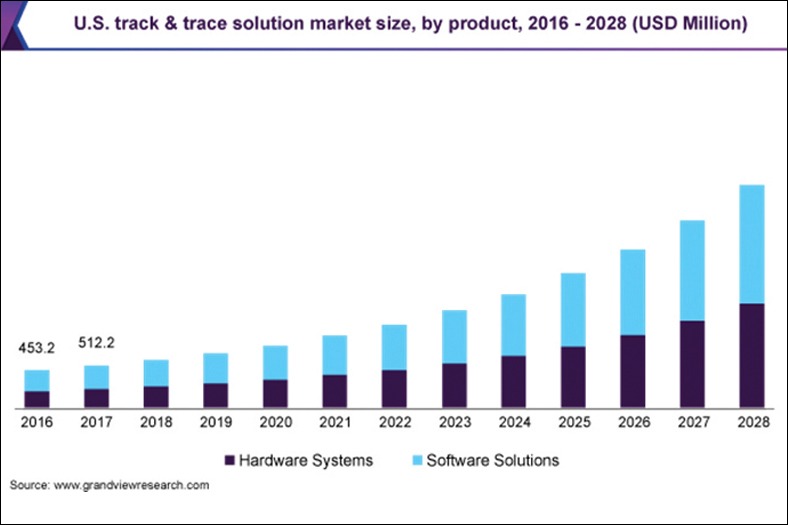

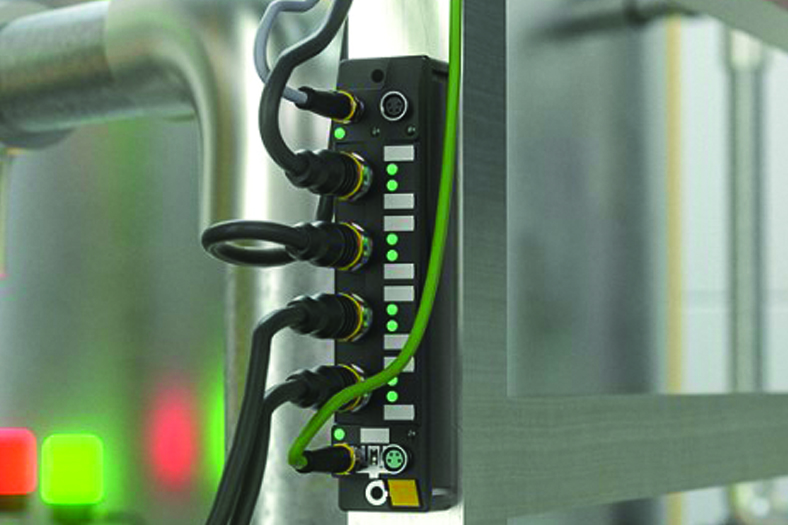

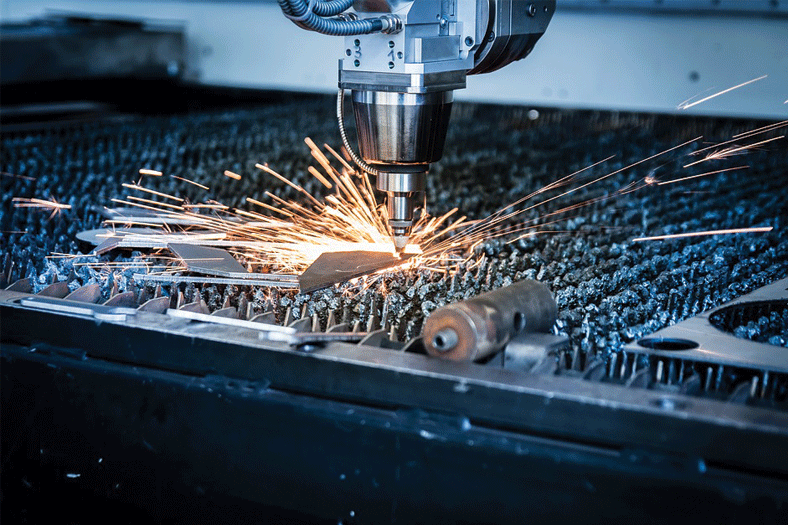
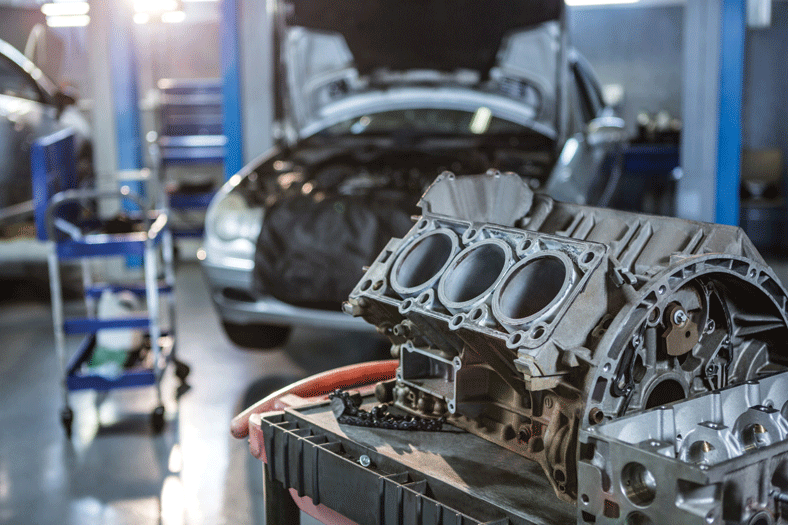



 English
English Hindi
Hindi